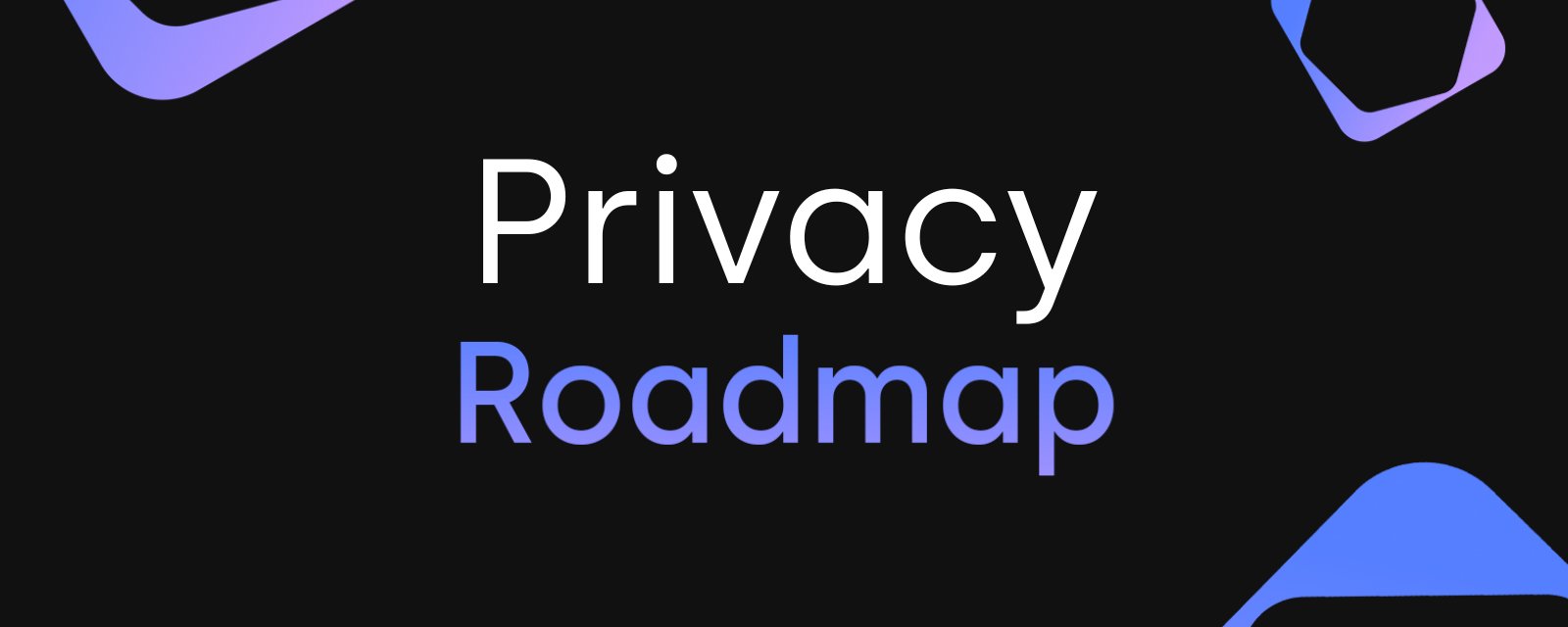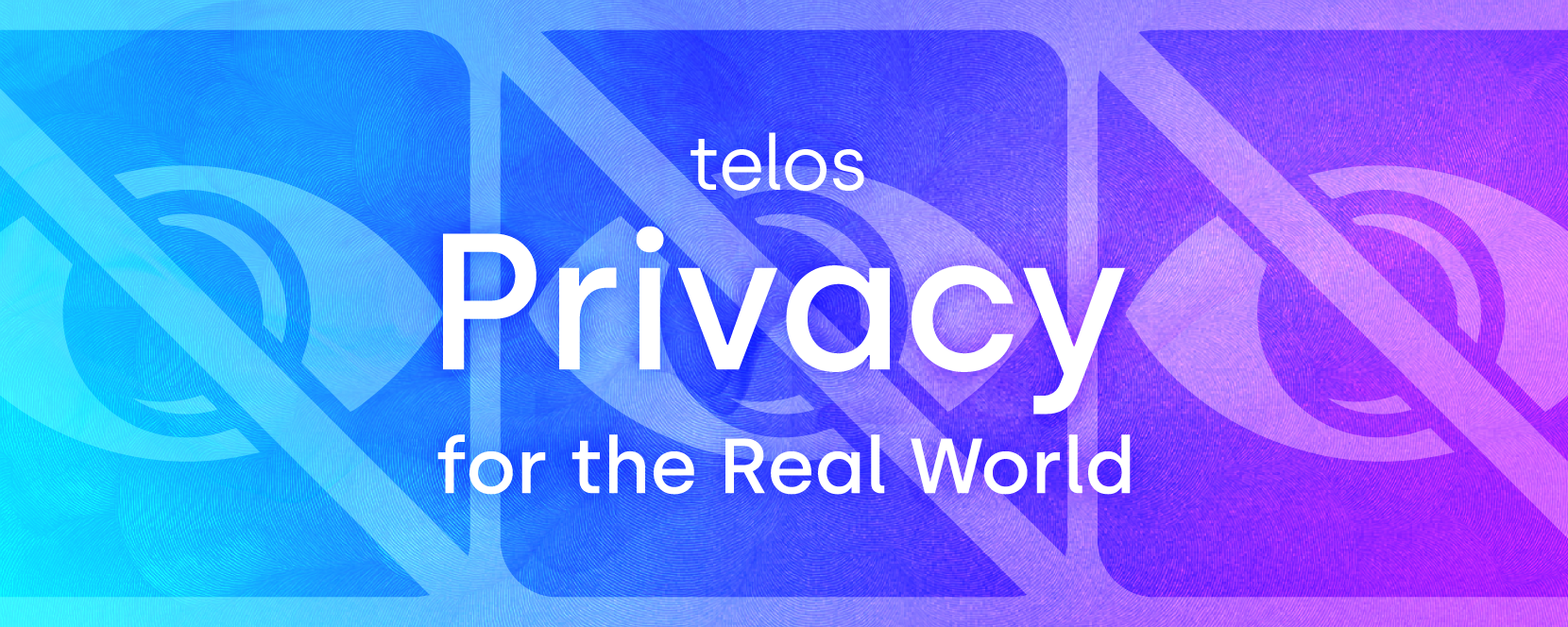What Is the Ethereum Virtual Machine?

Introduction to Ethereum and the EVM
In the revolutionary world of blockchain technology, Ethereum stands out as a major player, introducing innovative ways to utilize digital contracts and applications. At the heart of Ethereum's capabilities is the Ethereum Virtual Machine (EVM), a key component that facilitates the functioning of decentralized applications (DApps) and smart contracts, making it a cornerstone of the Ethereum ecosystem. The EVM's robust functionality is also reflected in advanced iterations like the Telos EVM, known for its speed, though our focus here will primarily be on the core principles of the standard EVM.
The Basics of the Ethereum Virtual Machine
The Ethereum Virtual Machine, or EVM, is essentially the runtime environment for smart contracts in Ethereum. It's markedly different from traditional virtual machines, primarily because it's entirely decentralized, running the same instructions simultaneously across a global network of nodes. This ensures unparalleled transparency and security, making the EVM a vital component of the Ethereum ecosystem. The EVM's design allows it to execute complex code, enabling developers to build versatile and functional DApps and smart contracts.
Technical Workings of the Ethereum Virtual Machine
The EVM operates as a state machine, with state transitions occurring through transactions and smart contracts. These smart contracts are like autonomous agents living on the blockchain, executed by the EVM with each operation consuming a unit of "gas" to ensure equitable resource usage. Gas is a critical concept in Ethereum, denoting the fee required for transactions or contract executions, providing incentives for network miners and protecting the network from spam.
EVM and Decentralized Applications (DApps)
Decentralized Applications, or DApps, run on a peer-to-peer network rather than a single computer. The EVM provides the necessary infrastructure for DApps on the Ethereum network, ensuring a secure and decentralized platform for their operation. DApps leverage smart contracts for backend operations, facilitating direct and transparent interactions without the need for intermediaries, with applications ranging from finance to gaming.
Ethereum Virtual Machine and Smart Contracts
Smart contracts are self-executing contracts, with the terms directly written into code. The process of creating and deploying these contracts on the EVM involves programming in a high-level language, which is then compiled to bytecode that the EVM can interpret. These contracts are immutable and distributed, making them a reliable and transparent solution for automating and enforcing agreements across various industries.
Security and Isolation in EVM
Security is paramount in the EVM. It maintains isolation between each contract, ensuring that they operate independently and securely. Ethereum employs various mechanisms to prevent potential security risks, such as setting gas limits and enforcing strict programming rules, ensuring that the EVM environment remains safe and resilient against attacks.
EVM-Compatible Chains
The adaptability and efficiency of the EVM have led to the emergence of EVM-compatible chains, like the Telos EVM, which aim to maintain compatibility with Ethereum's tools and DApps while offering improvements in areas like processing speed. These chains enrich the blockchain ecosystem, offering developers a familiar yet enhanced environment for their applications.
Challenges and Future of Ethereum Virtual Machine
Despite its capabilities, the EVM faces challenges related to scalability and performance. However, continuous advancements, like the introduction of Ethereum 2.0 and enhancements in compatible chains like Telos, aim to address these limitations, promising a more scalable and efficient future for blockchain technology.
Conclusion
The Ethereum Virtual Machine is more than just a part of Ethereum; it's the driving force behind its functionality, enabling the development and execution of smart contracts and DApps. Its significance in the blockchain world cannot be overstated, with its impact only set to increase as the technology continues to evolve and adapt, making it an exciting time for developers and users alike in the blockchain space.
The content provided in this article is for informational purposes only and should not be construed as financial or investment advice. Always conduct your own research and consult with a professional before making any financial decisions. Cryptocurrency investments along with other asset classes can be volatile and can result in potential losses. Always use caution, practice due diligence, and never invest capital you cannot afford to lose. Remember to always maintain the security of your accounts, use strong passwords, enable two-factor authentication, and be wary of phishing attempts. Stay safe and invest responsibly.
Telos is a decentralized blockchain ecosystem that includes Telos EVM, which is tested as the fastest Ethereum Virtual Machine globally, and its high-speed consensus layer, Telos Zero. With its continued focus on helping push forward the global adoption of Zero Knowledge technology, Telos is also currently developing a hardware-accelerated Ethereum Layer 2 network powered by SNARKtor, with the goal of enhancing privacy and scalability for global use cases at scale. Telos is overseen by The Telos Foundation, an ownerless foundation dedicated to advancing the Telos blockchain network and its community.


